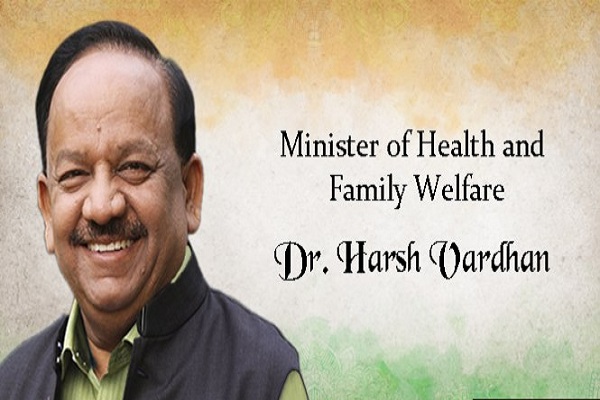
Life expectancy of Indians has gone up from 49.7 years in 1970-75 to 68.7 years in 2012-16, as per National Health Profile 2019 released recently by the Union Minister of Health and Family Welfare Harsh Vardhan.
For the same period, life expectancy for females is 70.2 years and 67.4 years for males.

Prepared by the Central Bureau of Health Intelligence, the National Health Profile takes into account various socio-economic factor pertaining to healthcare.
For comparison, in last year’s survey, the life expectancy had increased from 49.7 years in 1970-75 to 68.3 years in 2011-15.
In area of non-communicable diseases, the survey notes that out of 6.51 crore patients who attended NCD clinics, 4.75 per cent people are diagnosed with diabetes, 6.19 per cent are diagnosed with hypertension, 0.30 per cent are diagnosed with cardiovascular diseases, 0.10 per cent are diagnosed with stroke and 0.26 per cent are diagnosed with common cancers.

As per the survey, there has been a consistent decrease in the birth rate, death rate and natural growth rate in India since 1991 to 2017. As of 2017, India has registered birth rate of 20.2 per 1,000 population and death rate of 6.3 per 1,000 population while the natural growth rate was 13.9 per 1,000 population in India. The birth rate in rural areas was higher than in the urban. Similarly, the death rate and natural growth rate was also higher in rural areas as compared to the urban.
The population, however, continues to grow, as the decline in the birth rate is not as rapid as the decline in the death rate.
The infant mortality rate has declined considerably (33 per 1,000 live births in 2016), however differentials of rural (37) & urban (23) are still high.
On the health status indicators, the survey finds that on communicable diseases, in 2018, the maximum number of cases and deaths due to malaria have been reported in Chhattisgarh (77,140 cases and 26 deaths). The overall prevalence of the disease has diminished in 2012 and 2013 but there was a slight increase in 2014 and 2015 before it again started decreasing from 2016.
Dengue and Chikungunya, transmitted by Aedes mosquitoes, are a cause of great concern to public health in India.
Be a part of Elets Collaborative Initiatives. Join Us for Upcoming Events and explore business opportunities. Like us on Facebook , connect with us on LinkedIn and follow us on Twitter , Instagram.












